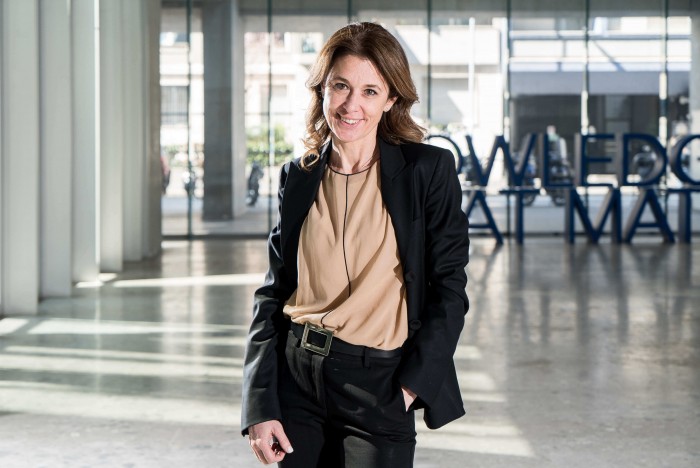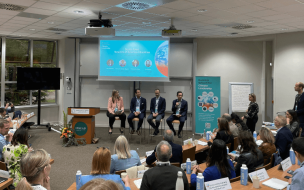With such change, it’s never been more important for those working in fashion to be suitably equipped to adapt.
The creative industries might seem a world apart from management education. But business acumen will always get you ahead and this is no different in fashion. Whether it’s making the most of new momentum or maintaining it, business education can be the perfect tool to keep up to speed and guarantee continued success.
According to Emanuela Prandelli, director of SDA Bocconi’s Master in Fashion, Experience & Design Management (MAFED), developing management skills within creative industries like fashion is key for professionals today.
“It’s no longer enough to be creative to work in this industry,” she says. “No longer can the creative industries decide not to play the game and say ‘this is not for us’ because they are different. They are different but they need to find their own way to play their role in this financial game.”
As the modern shopper has become more comfortable with digital channels, the consumer journey has steered away from a traditional linear path and into one that jumps between online and offline.
According to the 2018 State of Fashion report by The Business of Fashion and McKinsey & Company, time spent on social media by fashion consumers has risen and this has had a huge impact, with purchaser-decisions being increasingly affected by influencers and reviews.
Emanuela believes that the world of fashion needs to benefit more from digital environments and how the consumer now engages with fashion products. Social media presents a unique channel in which the customer relationship can be personalized through storytelling to evoke an emotive reaction, she says.
“We always say when you buy a luxury item you are buying from an emotional place. You don’t purchase a Prada or Gucci dress just for the function but for the emotional experience and the symbolism.”
The relationship between personalization and high-end fashion is composite to the industry’s culture. Orsolya Szekely is capitalizing on this aspect of the luxury world with PutON; a social venture providing survivors of conflict-related violence with sustainable employment producing bespoke design items.
A 2018 graduate of the University of Oxford’s Saïd Business School, Orsolya wanted to go to business school to learn, what she calls, “the language of private sector business.” With a background in human rights and sustainable development, she needed this business acumen in order to set up the PutON label and be better prepared to discuss with stakeholders.
“The hard and soft skills I learnt through the diploma, and the network I have built have been invaluable in making PutON a reality,” she says.
Orsolya thinks it’s imperative that the development sector invests more into human-focused innovations as this is the key path to sustainable employment for the people it helps. She says the creative industries, and particularly fashion, are the perfect place to start.
As the personal touch becomes ever more important to fashion consumers across the board, no longer just within the luxury market, this focus should extend to production as well. Orsolya confirms that CSR in fashion and the creative industries add inherent worth and longevity to a brand, something that consumers and stakeholders will always respond positively to.
The creative industries are always in flux and that's why managerial know-how can be so key. Business education provides a practical bedrock to complement the dynamism of creativity, and such stability has never been more valuable.
RECAPTHA :
9d
36
ed
24








